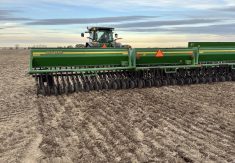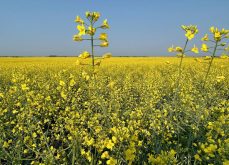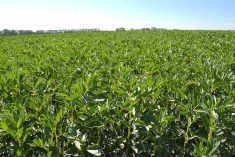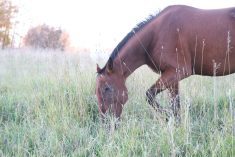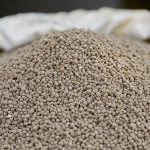European grain farmers can expect volatile prices after Brussels partially removes a safety net in May, and cannot readily switch to other crops and will have to deal with market forces as best they can.
As part of a drive towards a free market, from May 31 the European Union will suspend automatic “intervention,” the traditional way it has supported the market by offering to buy feed grains if prices fall below a set level.
“The (European) Commission wants to create a free market, but this will hit Spain, Portugal and Greece very hard. Our agriculture cannot compete, with small farms and low yields,” Francisco Alvarez, president of Spanish grain traders’ association Accoe said.
Read Also
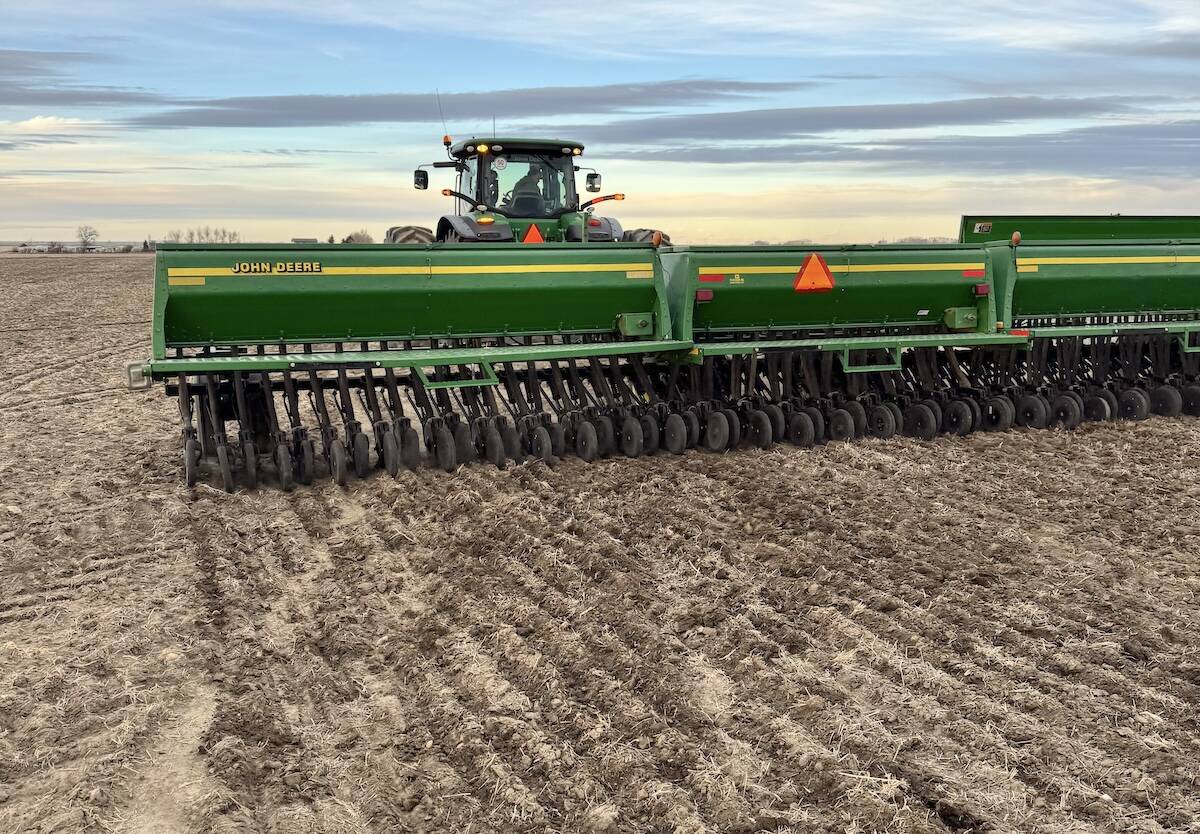
From winter soil to bountiful crops: Alberta’s ultra-early seeding experiment
Southern Alberta farmers are putting research into practice, pushing ahead traditional seeding times by months for spring wheat and durum.
In France, Europe’s top grain producer, farmers are estimated to have sown about four per cent more wheat this winter despite falling prices and rising stocks. That compares with a provisional estimate for a seven per cent drop in the U. S.
“In France we’re a bit stuck because we’re the country of wheat,” said Emmanuel Jayet, head of agricultural research at Societe Generale. “Farmers do not have alternatives that are as profitable on a large scale.”
Intervention will remain for milling wheat, however – up to a limit of three million tonnes – and Jayet said this could soften the impact of bearish market fundamentals for at least a year.
“If we fill it (the three million tonnes) that will already provide a sort of cushion. It will absorb most of the surplus,” he said.
French and German farmers have begun to react to market signals by cutting back on barley planting for the 2010-11 market year, after a mountain of the unwanted feed grain built up since last summer’s harvest. German farmers have sent more than one million tonnes of barley into intervention in the current 2009-10 market year. Hungarian farmers have likewise offered wheat and barley into intervention, but cut down on wheat planting for this summer by about nine per cent.
Grain farmers in southern Europe are already struggling with prices which they say have fallen so low they cannot cover costs, and fear they may not be able to compete with big exporters after reform.
Spanish farmers can only harvest three tonnes a hectare (45 bu./acre) from their poor soil even in a good year, while their northern and eastern European counterparts can reap eight tonnes or more.


